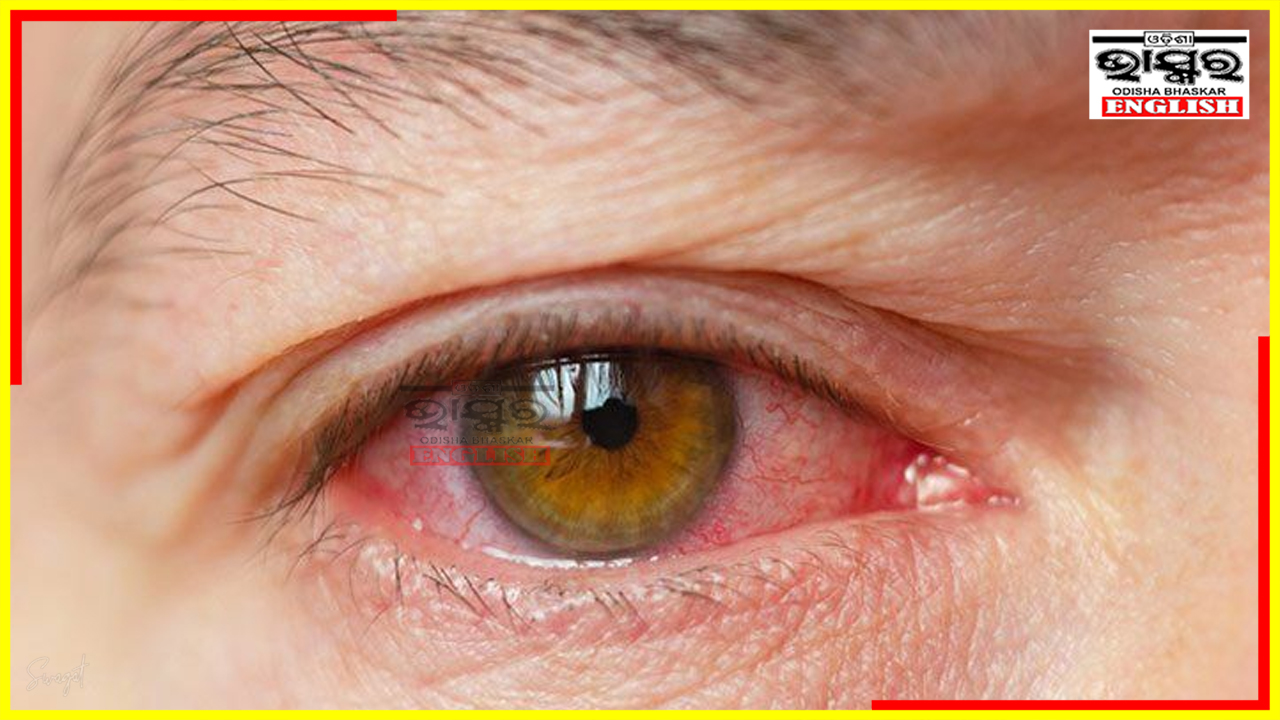Researchers have discovered a potential new treatment for dry eye disease using a commercially available probiotic bacterial strain. Dry eye disease is a common condition characterized by insufficient eye lubrication, leading to discomfort and various symptoms such as stinging, inflammation, and blurry vision. Traditionally, treatments involve the use of eye drops, gels, or ointments. However, this unconventional approach focuses on the role of gut bacteria.
According to Laura Schaefer from Baylor College of Medicine, the gut microbiome’s influence on overall health extends to the eyes. Friendly bacteria residing in the gastrointestinal tract have been associated with various health benefits and protection against diseases. This led the researchers to explore whether the gut microbiome could affect dry eye disease.
The study utilized Limosilactobacillus reuteri DSM17938, a commercially available probiotic bacterial strain that has demonstrated protective effects in the gut and immune system. To test its potential in treating dry eye disease, mice were treated with antibiotics to reduce gut bacteria, exposed to dry conditions, and then orally administered either the probiotic bacteria or a saline solution as a control.
After five days, the mice receiving the probiotic bacteria exhibited healthier corneal surfaces and increased goblet cells in their eye tissue. Goblet cells produce mucin, an essential component of tears. These promising results indicate that specific oral probiotics may effectively manage and treat dry eye symptoms.
The findings, presented at the ASM Microbe 2023 conference, highlight the potential of probiotic interventions in improving eye health. Further research and clinical trials are necessary to explore the full extent of probiotics’ efficacy in treating dry eye disease and potentially expanding treatment options beyond conventional methods.




Comments are closed.